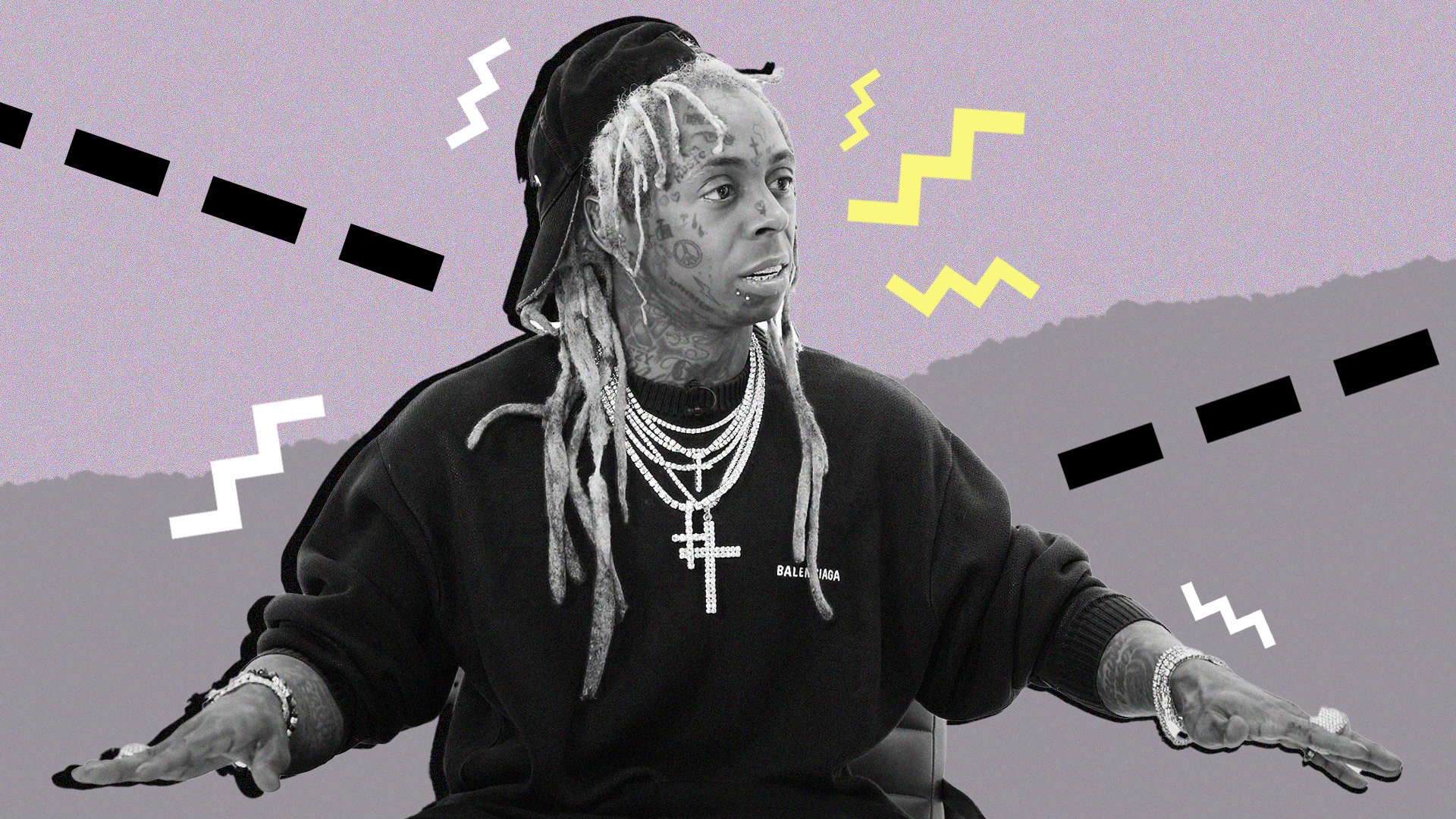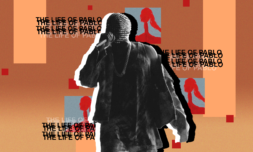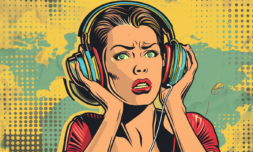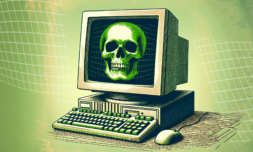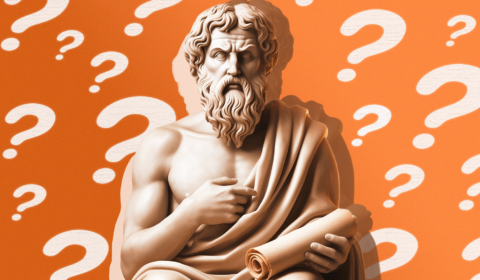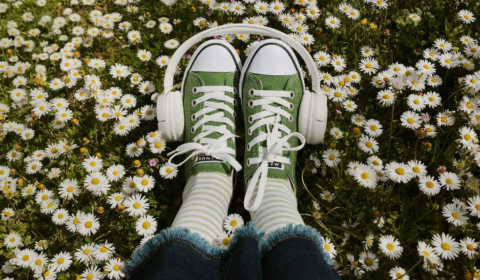Long-time rapper and musician Lil Wayne has opened up about his experiences with depression, suicide, and mental health, advocating that people speak up and recognise when something isn’t right.
Lil Wayne has been featured in the latest episode of Emmanuel Acho’s ‘Uncomfortable Conversations’ on YouTube, where he discusses his experiences with mental health and details a suicide attempt at age 12.
‘I shot myself in the chest’, he says during the video. Police raided the house after kicking down the front door, and Wayne believes it was God that saved him.
His recovery and renewed faith in life afterwards changed his relationship with his mother, and Wayne now has a ‘much healthier set of tools’ to tackle mental health issues.
His sincerity and candid openness marks a significant moment in hip-hop and pop music, and is evidence of the industry’s shift toward authentic expression and vulnerability in previously uber-macho spaces.
It’s hard to image the Lil Wayne from 2010 who released ‘Drop the World’ being as frank and up-front about his life in the way he is today, eleven years later.









